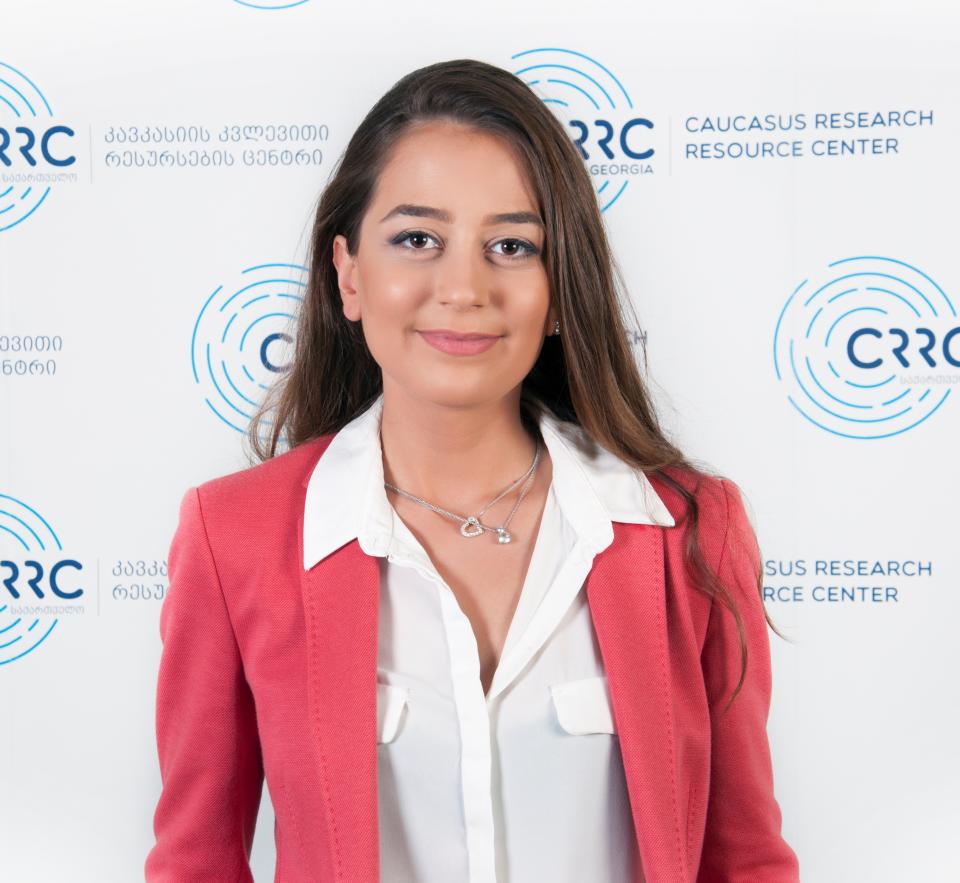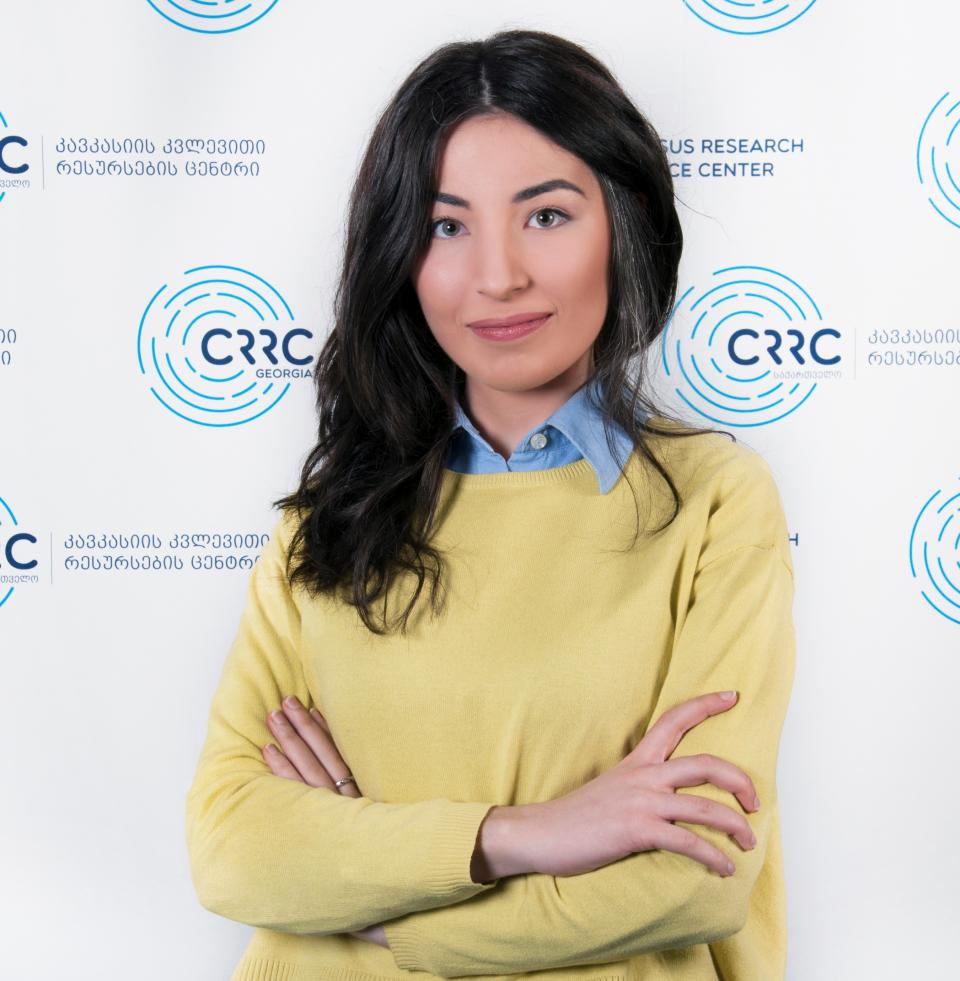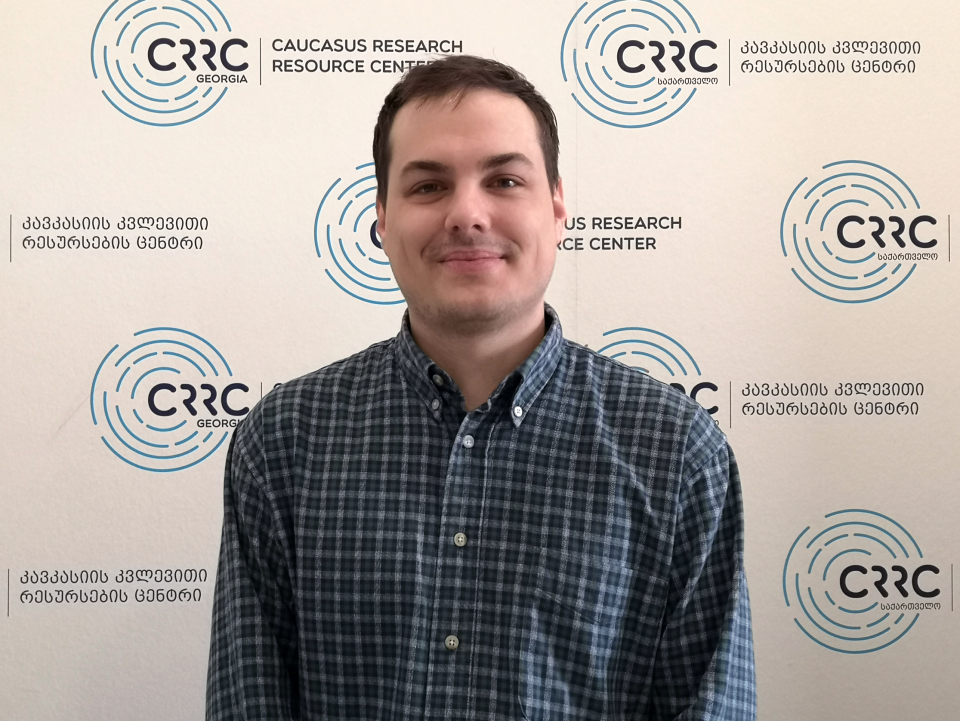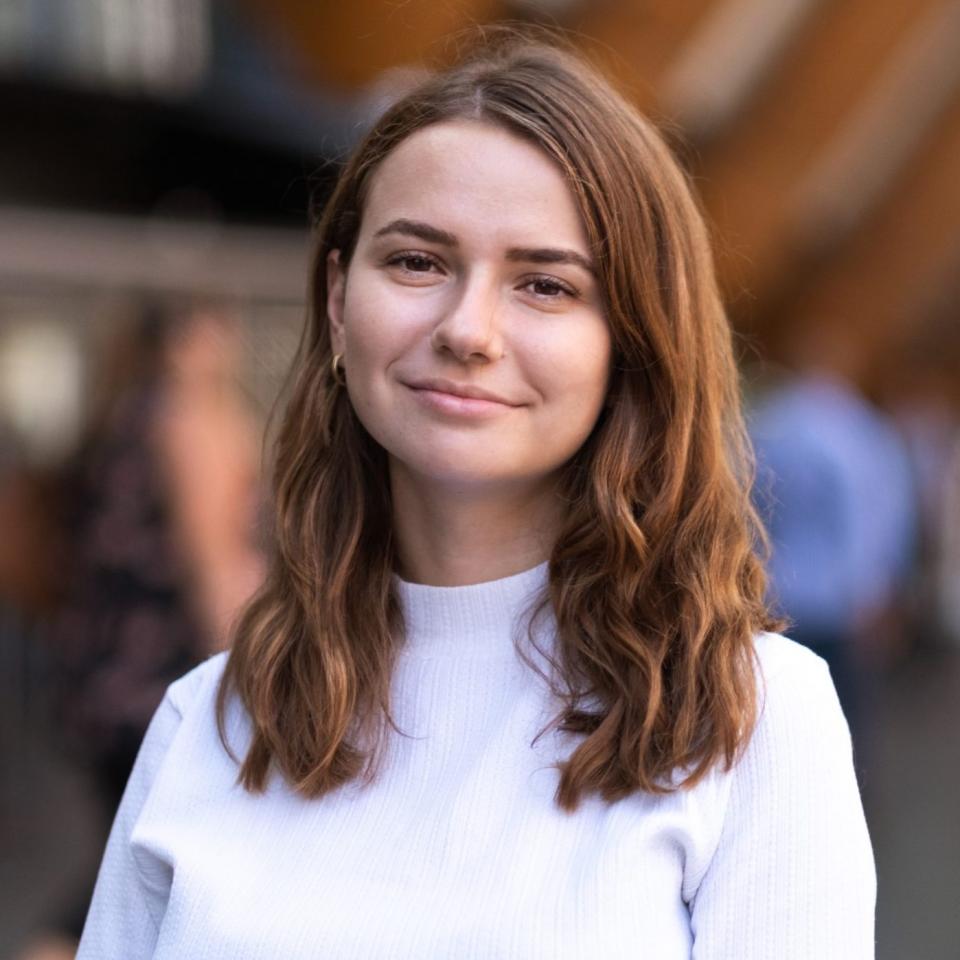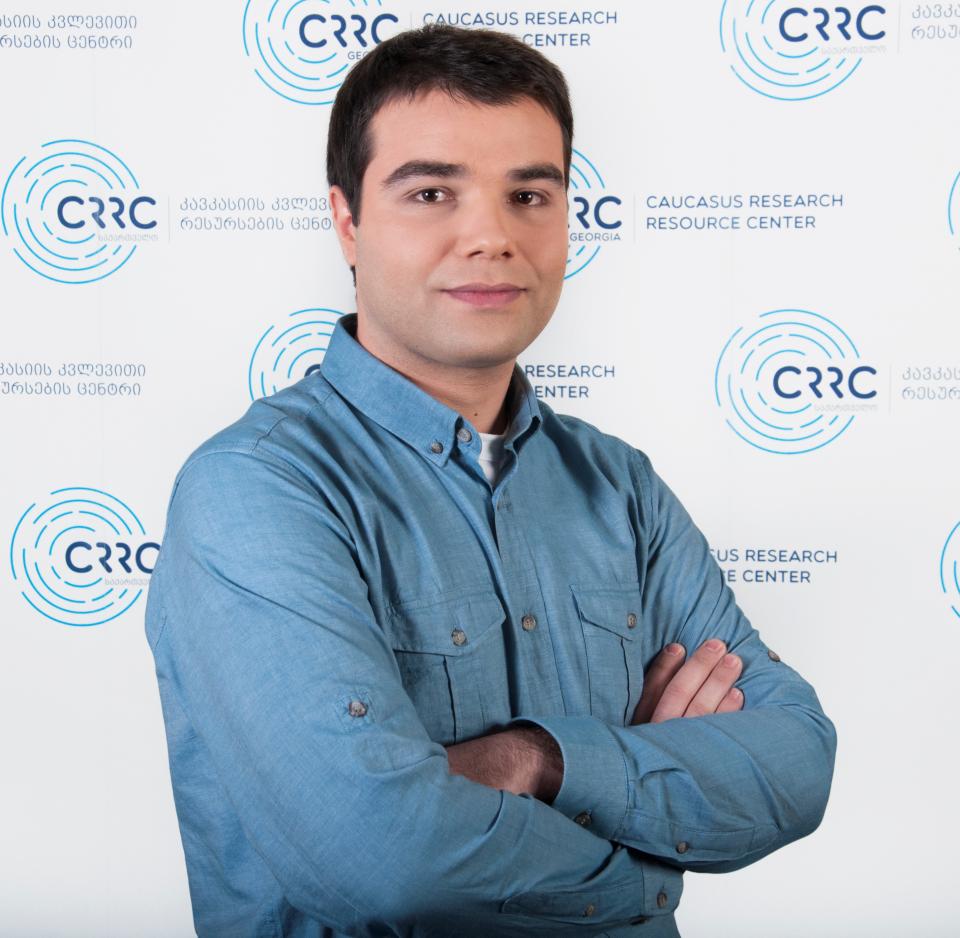
Nika Nasrashvili
Nika Nasrashvili earned his Bachelor’s degree in Political Science from Ivane Javakhishvili Tbilisi State University. Currently, he is pursuing a Master’s degree in International Relations at the Georgian Institute of Public Affairs (GIPA).
His research interests include information and communication technologies (ICTs), democracy, foreign policy and security issues.
